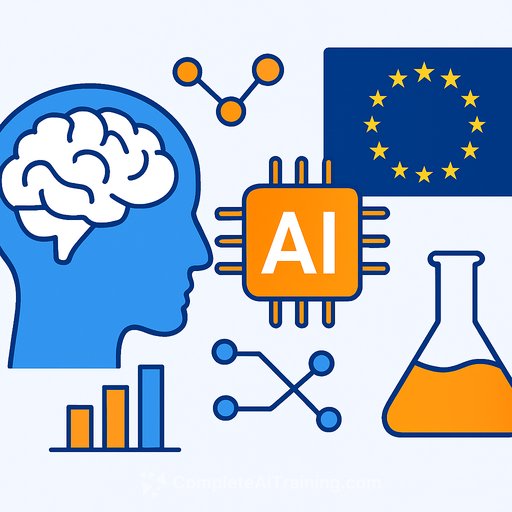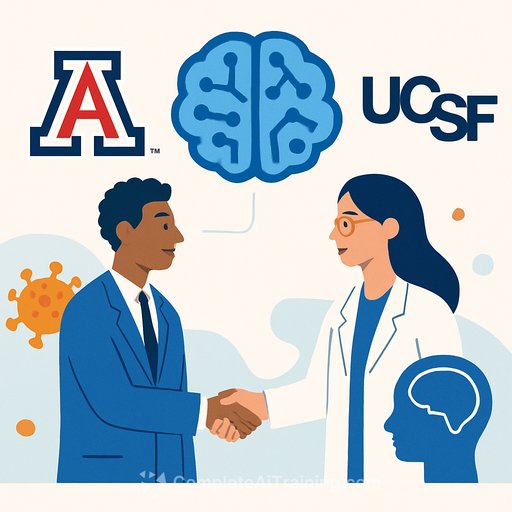Artificial intelligence is accelerating climate research at a critical time when extreme weather events are increasing and funding for science is under pressure in the U.S. and beyond. While generative AI attracts criticism for its high energy consumption during training and operation, it also offers significant potential to advance scientific work efficiently.
Ángel Borja, a biologist at the AZTI marine research center in northern Spain, calls AI "a gigantic step forward." It enables faster data processing and quicker results, allowing decision-makers to act promptly. Researchers are adapting existing AI models and building new ones to handle routine tasks that would otherwise take teams weeks or months. This means that data collected from remote ocean depths to Antarctica can be organized in hours instead of months.
However, some scientists caution that generative AI should not replace human reasoning and analysis. Jonathan Foley, executive director of Project Drawdown, emphasizes that AI tools carry risks such as plagiarism-like behavior and fabrication of information. His organization limits AI use to tasks like grammar checking and data gathering, underscoring the need for human oversight.
AI Accelerates Marine Research and Decision-Making
Borja recalls when data collection involved manual entry of hundreds of measurements. The internet and computers sped up the process, but AI's recent developments have transformed how data is handled. Instead of fearing job loss, younger scientists are finding AI frees them from repetitive work, letting them focus on interpreting results.
At AZTI, millions of data points collected over 30 years—including water quality and marine species presence—are fed into AI models. These models summarize the database content and structure, helping scientists select relevant datasets more efficiently. Additionally, AI is trained to analyze underwater videos to identify fish and marine life, a task that previously required many hours of manual review.
Borja expects a surge of AI applications in science within five years, many of which are still unforeseen. This progress will enhance AZTI’s ability to provide policymakers with timely, evidence-based recommendations on fishing quotas and marine protected areas.
Improving Weather Forecasting Accuracy with AI
AI-powered forecasting models are beginning to outperform traditional systems. Microsoft’s Aurora, trained on over a million hours of geophysical data, surpasses the European Centre for Medium-Range Weather Forecasts and Google DeepMind’s GraphCast in 91% of tested scenarios.
Aurora predicts air quality, wave patterns, and tropical cyclone paths more accurately and with less computational cost. According to Microsoft Research, such AI models allow climate scientists to explore far more scenarios than conventional methods, opening new avenues for understanding weather patterns.
Despite concerns about AI’s “black box” nature, improved forecasting is crucial for issuing timely warnings that help communities prepare for extreme weather events.
Supporting Citizen Science Through AI
Combining human insight with AI enhances scientific research, as shown in a citizen science project led by Nirwan Sharma from The Open University. Since 2010, the project has encouraged volunteers to submit photos of bumblebees. AI identifies the species, and researchers verify the results before sending automated feedback to contributors.
The model, developed with Aberdeen University and the Bumblebee Conservation Trust, correctly identifies bee species about half the time—on par with untrained humans. It has reduced the number of people needed to verify identifications, from ten to as few as three. The AI also learns to identify plants associated with bees, enabling tailored planting recommendations to support pollinator habitats.
Sharma notes that much species identification knowledge is locked away in scientific literature, often inaccessible to the public. AI acts as a bridge, facilitating access to this information and fostering engagement with scientific data.
For professionals interested in expanding AI skills applicable to environmental and scientific work, Complete AI Training offers targeted courses that cover practical AI applications and tools.
Your membership also unlocks:






